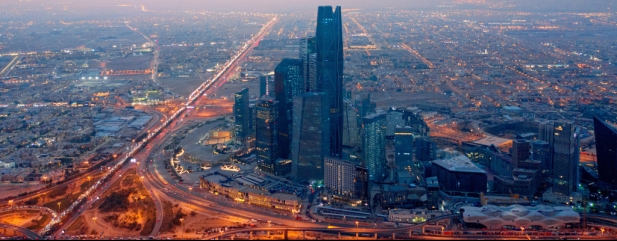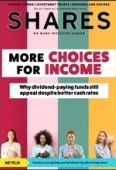Since its full inclusion in the MSCI Emerging Markets index in 2019 (and the emerging markets cohort of other index providers) Saudi Arabia has outperformed to an impressive degree.
After a difficult start in the early stages of the pandemic, a subsequent recovery in oil prices has driven Saudi stocks higher. If reports are to be believed the Riyadh market could soon be bolstered by the listing of the trading division of state-owned energy firm Saudi Aramco, after the main operations were floated in a blockbuster domestic listing in 2020.
For the three years to 30 September 2022, the MSCI Saudi Arabia index has achieved an annualised return of 13.5% compared with -2.1% for the wider MSCI Emerging Markets index over the same timeframe.
While there has been considerable volatility in Saudi stocks thanks to its exposure to energy markets, MSCI data going back to 29 August 2014 shows an annualised return of 5.3% for Saudi shares against -0.3% for the broader benchmark.
It might surprise casual observers to learn that only around 9% of MSCI Saudi Arabia is accounted for by the energy sector – which is largely Saudi Aramco’s weight in the index.
Financials and materials dominate, making up more than 70% of the index combined. This dominance of banks, other financial institutions and resources firms is much more like emerging markets of the past and suggests that Saudi efforts to bolster technology and innovation and diversify the economy still have some way to go.
This outlook is part of a series being sponsored by Templeton Emerging Markets Investment Trust. For more information on the trust, visit here.
‹ Previous2022-10-27Next ›

 magazine
magazine








